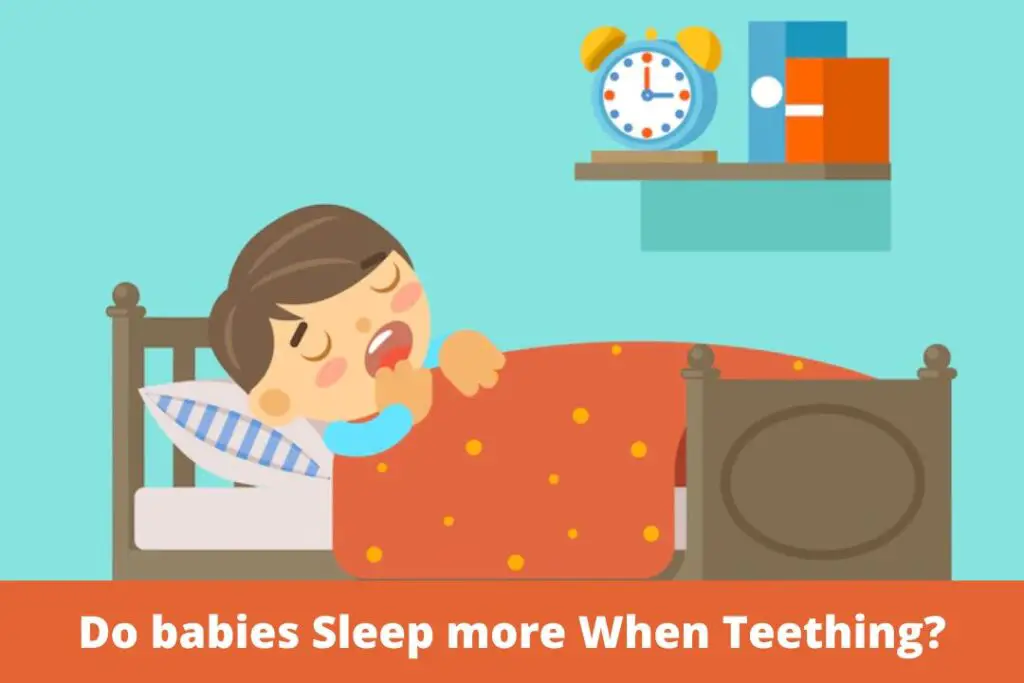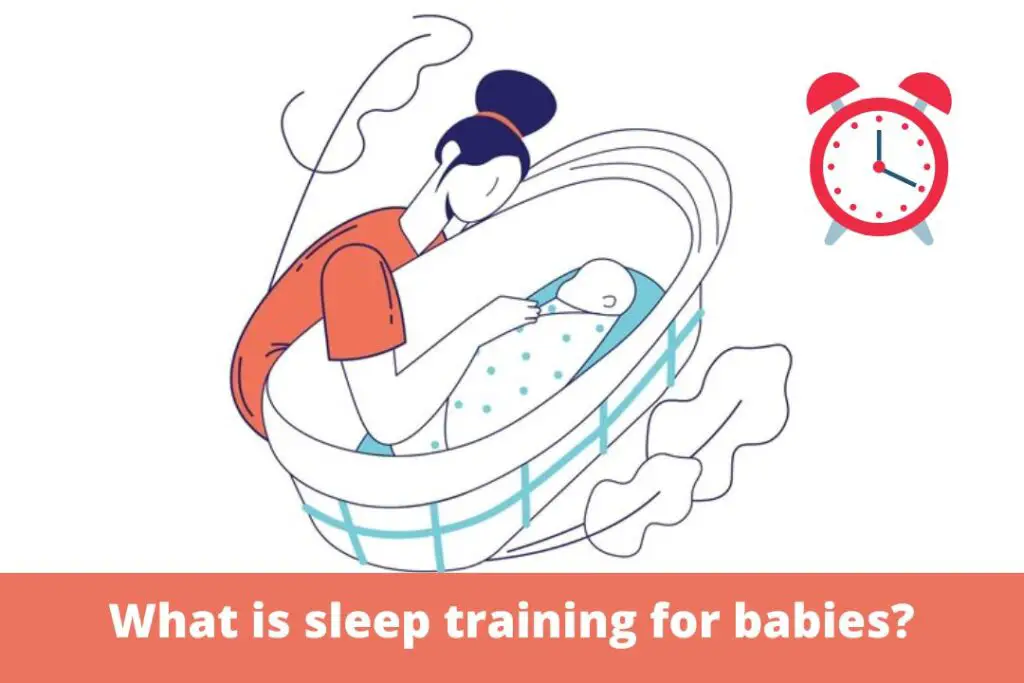There are many natural sleep remedies for toddlers that can help them get a good night’s sleep. If your toddler is having trouble sleeping, try out some of these natural remedies to see if they help.
Warm milk:
A glass of warm milk before bedtime can also help your toddler sleep better. The calcium in milk helps relax the body and promotes sleep.
Aromatherapy:
Aromatherapy can be used to help your toddler relax and fall asleep more easily. Try diffusing lavender or chamomile essential oils in their bedroom before bedtime. You can also put a few drops of lavender oil on their pillow to help them sleep better.
White noise:
Playing white noise in your toddler’s bedroom can help them fall asleep and stay asleep during the night. White noise can help block out any outside noise that might be keeping your toddler awake.
These are just a few of the many natural sleep remedies for toddlers that you can try. If your toddler is having trouble sleeping, give some of these remedies a try to see if they help.
How Much Sleep Do Small Children Need?
It is generally recommended that small children get between 11 and 14 hours of sleep every day. However, some children may need more or less sleep depending on their age, health, and activity level.
There are a few natural sleep remedies that can help toddlers get the rest they need. For instance, establishing a regular bedtime routine can be very helpful. This might include taking a bath, reading a book, and then slipping into bed.
In addition, making sure the bedroom is dark and quiet can also promote better sleep. Some parents find that using a white noise machine can be helpful in blocking out any outside noise and creating a calming environment.
If your toddler is having difficulty sleeping through the night, it may be helpful to talk to your pediatrician. He or she can offer additional tips and strategies for improving sleep.
Adverse Reactions to a Lack of Sleep
It’s no secret that a lack of sleep can have some pretty adverse effects on our health and well-being. But did you know that not getting enough shut-eye can also lead to some pretty serious reactions in toddlers?
If your toddler isn’t getting enough sleep, natural sleep remedies like chamomile tea or lavender oil may help. But if these don’t work, you may want to talk to your pediatrician about other options.
Here are some of the adverse reactions your toddler may experience if they’re not getting enough sleep:
Irritability:
A tired toddler is often an irritable toddler. If your little one seems especially cranky or grouchy, it may be because they’re not getting enough sleep.
Lack of focus:
It’s hard to focus when you’re tired, and that goes for toddlers too. If your child seems distracted or disinterested in activities they usually enjoy, it could be due to fatigue.
Poor appetite:
A loss of appetite is common in adults who are sleep deprived, and the same can be true for toddlers. If your child isn’t eating as much as usual, it may be because they’re simply too tired to eat.
Illness:
A lack of sleep can compromise your toddler’s immune system, making them more susceptible to illness. If your child seems to be getting sick more often than usual, it could be due to a lack of sleep.
If you’re concerned that your toddler isn’t getting enough sleep, talk to your pediatrician. They can help you create a healthy sleep plan for your little one.
The Connection Between What Your Child Eats and Drinks, Their Activity Level, and the Quality of Sleep They Get:
It’s no secret that what we eat and drink can affect our sleep. But did you know that this also applies to our children? Just like adults, the food and drinks that toddlers consume can impact the quality of their sleep. There are a few things to keep in mind when it comes to your toddler’s diet and sleep.
First, sugary foods and drinks should be avoided before bedtime as they can cause hyperactivity and make it difficult for your child to fall asleep. Caffeinated beverages such as coffee, tea, and soda should also be avoided for the same reason.
Secondly, a light evening meal or snack is generally better than a heavy one. A tummy full of food can make it uncomfortable for your child to sleep and may lead to nightmares.
Finally, make sure your toddler is getting enough exercise during the day. A tired body is more likely to fall asleep quickly and sleep soundly throughout the night.
If you are concerned that your child isn’t getting enough sleep, talk to their doctor about natural sleep remedies for toddlers. There are many safe and effective options available that can help your child get the rest they need.
How can parents reduce distractions at night so their children can sleep soundly?
There are a few natural sleep remedies that can help reduce distractions and help your child get a good night’s sleep. One way to reduce distractions is to create a calming environment in the bedroom. This means dimming the lights and eliminating any sources of noise. You can also try using essential oils to create a relaxing atmosphere.
Another way to reduce distractions is to establish a bedtime routine. This means having a set time for when your child goes to bed and sticking to it as much as possible. Finally, make sure that your child’s bedroom is comfortable and free from any potential hazards. By taking these steps, you can help ensure that your child gets the best possible sleep at night.
What Is the Most Effective Way to Develop and Maintain Healthy Bedtime Rituals?
There are a few key things you can do to develop and maintain healthy bedtime rituals for your toddler.
First, aim to establish a regular bedtime routine that is comfortable for both you and your child. This may include bath time, reading a favorite book, or listening to calming music.
Second, make sure the sleep environment is conducive to restfulness by keeping the room dark and cool.
Third, avoid screen time before bed as the blue light emitted from devices can interfere with natural sleep patterns. Finally, encourage your child to practice some relaxation techniques such as deep breathing or progressive muscle relaxation to help them drift off to sleep peacefully. By following these simple tips, you can ensure that your toddler gets the quality rest they need to grow and thrive.
What Should My Child Wear to Bed to Be Comfortable?
As a parent, you want your child to be comfortable when they sleep. This means finding the right balance of temperature and clothing. You don’t want your child to be too hot or too cold when they sleep, as this can lead to restless nights. But what is the best way to dress your child for bed?
There are a few things you should keep in mind when dressing your child for bed.
First, consider the temperature of the room. If it is warm, your child may need less clothing. If it is cold, they may need more.
Second, think about what type of fabric will be comfortable for your child. They may prefer something soft and breathable like cotton.
Third, consider whether your child will be sleeping with a blanket. If so, they may not need as much clothing to keep them warm.
Ultimately, the best way to dress your child for bed is to experiment and see what works best for them. Start with a base layer of clothing and then add or remove layers as needed. Pay attention to how your child seems to sleep best and adjust accordingly. With a little trial and error, you’ll find the perfect solution for your child’s comfort.
What can parents do to help their children calm down before bed if they suffer from ADHD?
There are a few things that parents can do to help their children calm down before bed if they suffer from ADHD. One is ensuring the child’s environment is conducive to sleep. This means keeping the room dark and quiet and at a comfortable temperature.
Another is to establish a regular bedtime routine including activities such as bath, reading, or prayer that will help the child relax. Finally, it may be helpful to give the child a small snack before bedtime that includes protein and complex carbohydrates to help promote sleep.
Read More: Can you feed a baby in a car seat?
Factors that lead to difficulty sleeping in children
There are many factors that can lead to difficulty sleeping in children. Some of the most common include:-
Having a late bedtime having an irregular sleep schedule- consuming caffeine or sugary drinks before bed
watching television or using electronic devices before bed
eating a large meal before bed
exercising too close to bedtime- having a stressful day or worrying about something.If your child is having difficulty sleeping, there are natural remedies that can help.
There are many factors that can lead to difficulty sleeping in children. Some of the most common include having a late bedtime, having an irregular sleep schedule, and consuming caffeine or sugary drinks before bed.
The most effective natural sleep remedies for toddlers
Some of the most effective natural sleep remedies for toddlers include:- Chamomile tea:
Chamomile has calming properties that can help relax your child and promote sleep.
Lavender oil:
A few drops of lavender oil on your child’s pillow can help them relax and fall asleep.
White noise:
A sound machine or app that emits calming white noise can help block out distractions and promote sleep.
Melatonin:
This natural hormone can be taken in supplement form to promote sleep.
If you’re not sure what is causing your child’s sleep problems, it’s a good idea to consult with a doctor or sleep specialist. They will be able to help you identify the root cause of the problem and recommend the best treatment options.
Read More: How much sleep does a 10-year-old need?
Using sleep medications on infants
Using sleep medications on infants can have serious consequences. If you are considering using any type of sleep medication on your child, it is important to speak with a pediatrician first. Many over-the-counter and prescription medications come with risks, particularly when used on young children. Some of the potential risks associated with using sleep medications on infants include:
Drowsiness:
Sleep medications can cause drowsiness, which can be dangerous for an infant. Drowsy infants may not be able to nurse or eat properly, and they may also be at risk for falls and other accidents.
Interference with development:
Some research has shown that sleep medications can interfere with an infant’s natural development. This is especially true for medications that contain antihistamines, which can block the natural production of important hormones in the body.
Side effects:
All medications come with potential side effects, and sleep medications are no exception. Some of the potential side effects of using sleep medications on infants include dry mouth, upset stomach, and constipation. In rare cases, more serious side effects such as hallucinations or seizures have been reported.
If you are considering using a sleep medication on your infant, it is important to weigh the risks and benefits carefully. Be sure to speak with your pediatrician to get expert advice before making a decision. natural sleep remedies for toddlers may be a safer option for some families.
Common natural sleep remedies for infants include white noise machines, swaddling, and rocking. If you are concerned about using sleep medications on your infant, natural remedies may be a better option.
Read More: Best car seat
Conclusion:
If your baby is having trouble sleeping through the night, take a look at this list of natural sleep remedies for babies. Before giving your child anything new, always consult with your pediatrician and ask about the pros and cons.





